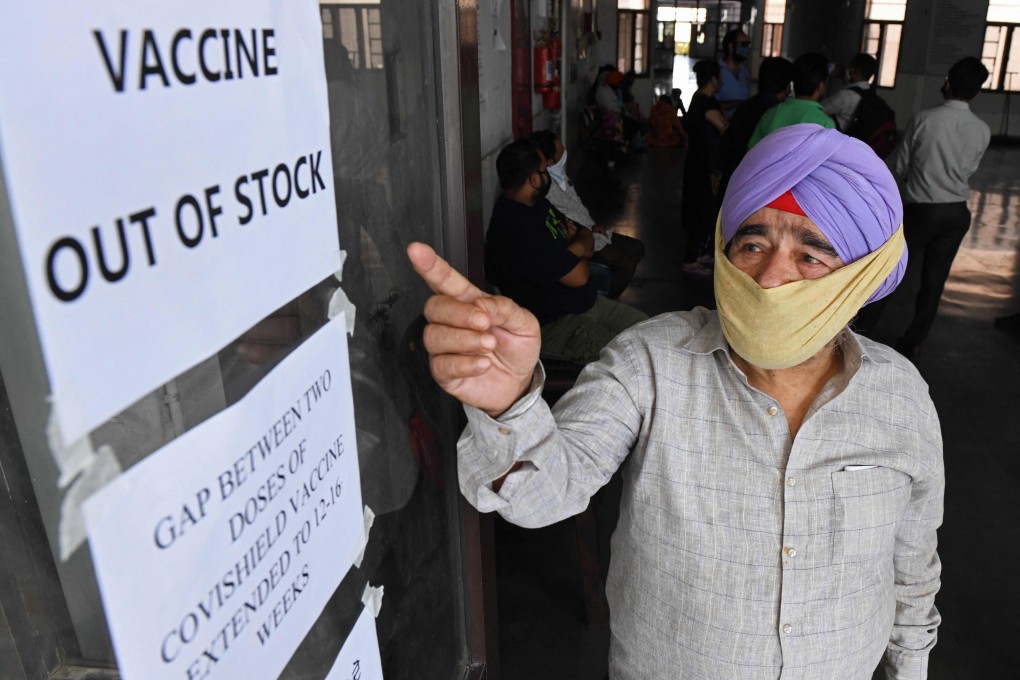Advertisement
Opinion | Why Modi must swallow his pride and accept Chinese coronavirus vaccines
- Chinese vaccines are readily available and can be stored at normal temperatures, which suits India and other developing countries
- It is in the best interests of the Indian people to procure Chinese vaccines, even if it goes against the government’s push for self-reliance
Reading Time:3 minutes
Why you can trust SCMP
53

In the past few weeks, we have seen leaders of some of the world’s most populous nations seeking more Covid-19 vaccine doses from China. Demand is expected to rise further after the World Health Organization gave vaccines from China’s Sinopharm Group, and now Sinovac Biotech, approval for emergency use.
This is good news for developing countries. They will be able to access more vaccines through the Covax Facility, a global vaccination initiative led by international partnerships and agencies, including the WHO.
But these efforts by China are a blow to Indian Prime Minister Narendra Modi’s much-hyped vaccine diplomacy. India exported tens of millions of vaccine doses earlier this year. Despite being home to the world’s largest vaccine industry, however, it is now struggling to inoculate its own population amid a new surge in cases and has had to pause vaccine exports.
Advertisement
It should be remembered that during the Cold War, the world’s two most powerful nations – the United States and the Soviet Union – set aside their differences to successfully eradicate smallpox and polio. New Delhi and Beijing must now do the same, amid the worst health crisis the world has seen in recent times.
Bilateral ties between India and China have been complicated for more than 60 years following one war and various conflicts. Reducing imports and investments from China has been one goal of the Modi government as part of its call for self-reliance.

03:26
India’s mass-vaccination drive falters as country hits 20 million coronavirus cases
India’s mass-vaccination drive falters as country hits 20 million coronavirus cases
Despite their uneasy relationship, Delhi last year lifted a ban on exporting PPE equipment to help China combat Covid-19. Covax could greatly help tackle the current vaccine crisis across the world by supplying doses from China-owned companies and ensuring they are distributed fairly.
Advertisement
Select Voice
Choose your listening speed
Get through articles 2x faster
1.25x
250 WPM
Slow
Average
Fast
1.25x
